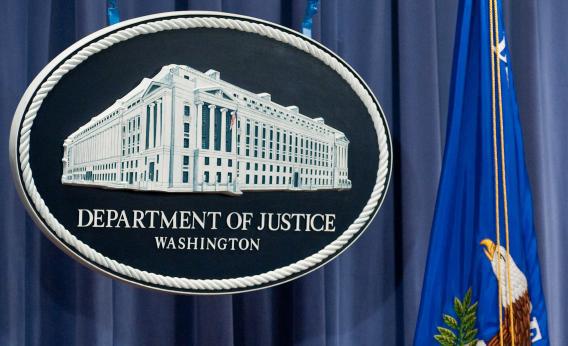What do anarchists, animal conservationists, and military deserters have in common? They were all spied on by federal law enforcement agencies between 2010 and 2011, according to newly released government documents.
After a lengthy lawsuit, the ACLU forced the Justice Department to disclose so-called “pen register” and “trap and trace” records, which were released yesterday. Pen registers capture outgoing data, and trap-and-trace capture incoming data. Authorities can’t see the actual content of communications using pen registers or trap and trace—but they can use them to learn a huge amount about a person, such as whom they are contacting, the websites they visit, and whom they are friends with on social networks.
The documents show that the use of this sort of surveillance by federal law enforcement agencies, which does not require a search warrant, has rapidly increased in recent years. Between 2009 and 2011 alone, the number of orders for pen and trap authorizations increased by 60 percent—from 23,535 in 2009 to 37,616 in 2011. The increase is even more striking when compared with older figures. Between 2001 and 2011, for instance, there was a sixfold increase—from 5,683 original orders recorded in 2001 to the 37,616 in 2011. What that means is that more people were subjected to pen register and trap and trace surveillance in the past two years than in the entire previous decade, as ACLU’s Naomi Gilens has pointed out.
Also of interest is who was spied on. In the vast majority of cases recorded between 2010-11, the orders were used to monitor people suspected of serious crime—such as for drug trafficking, homicide, sex offenses, robbery, and assault. But in a handful of other cases, authorities requested surveillance for more unusual reasons. In the same 2010-11 period, for example, there were 18 authorizations issued to monitor people linked to conservation or animal rights; 400 for traffic offenses; 24 for military desertion; and four for anarchism.
The five federal districts that authorized the most pen and trap orders for 2011 were, in order: South Carolina (2,897), Northern Georgia (2,244), Arizona (1,558), Central California (1,388), and Middle Florida (1,242). Those with the fewest orders issued included Vermont (14), New Hampshire (6), Maine (22), and Montana (34).
The ACLU believes that whatever the reason for the increased surveillance, there’s not enough accountability or oversight of how or why it is being conducted. The organization has lent its backing to a bill introduced in August by Rep. Jerrold Nadler, D-N.Y., to amend the 1986 Electronic Communications Privacy Act. Nadler’s bill, according to ACLU, will update the law to reflect the changes in technology that have taken place over the last 20 years—and will address “all of the major problems with the current reporting requirements for pen register and trap and trace surveillance.”
